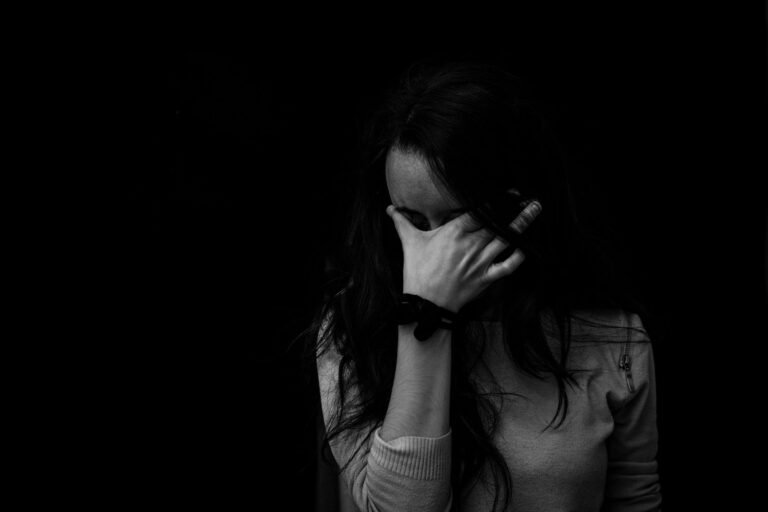People with insomnia are nearly 70 percent more likely to have a heart attack than those without the sleep disorder, according to a large analysis presented yesterday at the annual meeting of the American College of Cardiology. The new study was published yesterday in Clinical Cardiology was conducted by an international team of researchers who looked at the link between insomnia and heart attack in more than 1 million adults from 6 countries, with an average age of 52. The study found that people suffering from insomnia were 69% more likely to have a heart attack compared to those who did not. And while insomnia can increase your risk of heart attack, consistent, high-quality sleep habits have been found to increase longevity.
Do you have any of the following symptoms? In the study, people were categorized as having insomnia if they had at least one of three symptoms:
- Difficulty sleeping.
- Difficulty staying asleep.
- Waking up very early in the morning.
Symptoms had to be present for at least three days a week for at least three months. It found that over an average of nine years of follow-up, people who typically slept five hours or less were 56% more likely to have a heart attack than those who got the recommended eight hours a night, regardless of age or gender.
“Insomnia is the most common sleep disorder, but in many ways it is no longer just a disease, it is more of a life choice. We just don’t prioritize sleep as much as we should,” said Yomna E. Dean, a medical student at Alexandria University in Alexandria, Egypt and an author of the study. “Our study showed that people with insomnia are more likely to have a heart attack regardless of age, and heart attacks were more common in women with insomnia.”

With nearly 40% of Hong Kong Chinese adults suffering from insomnia, what can we do to promote good sleep?
- Avoid looking at bright screens two to three hours before bed. Among Hong Kong teenagers who were addicted to internet use, 51% reported having sleep disorders.
- Avoid foods or drinks containing caffeine at least 6 hours before bedtime. Caffeinated foods and drinks include coffee, black tea, green tea, chocolate, energy drinks and soft drinks/soda.
- Be exposed to bright light during the day. Minimize the use of bright lights at night. Once it gets dark outside, the pineal gland begins to produce and secrete melatonin, a hormone that controls the sleep-wake cycle. Constant exposure to light at night will affect melatonin levels and sleep. One study showed that melatonin was suppressed in preschool children exposed to bright light at night. In the study, one hour of exposure to bright light in the evening suppressed the children’s melatonin secretion by about 90%, and these levels remained suppressed for up to 50 minutes after light exposure.
- Sleep in total darkness. Don’t use night lights and get blackout blinds if needed. Any light during sleep will disrupt your body’s production of melatonin and stimulate the production of cortisol, a stress hormone that has the opposite effect of melatonin.
- Go to bed and get up at the same time every day. When you have a regular routine, your body will learn when to wind down at night to prepare for sleep. Going to bed and getting up at the same time every day will help you establish a proper sleep-wake cycle.

It is important to treat the root cause. Dr. Ardyce Yik ND helps people explore and address the underlying causes of health concerns. Whether it’s anxiety, an overactive mind, hot flashes that wake you up at night, or cortisol imbalances that prevent you from getting a restful night’s sleep, Dr. Yik is determined to help you overcome your insomnia.
Click here to contact Dr. Yikes. Click here to read more tips on how to sleep better, naturally.
